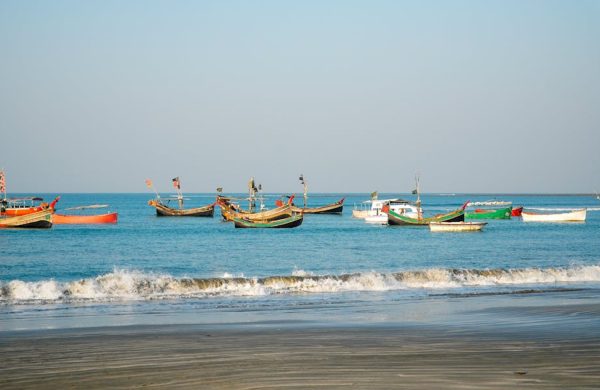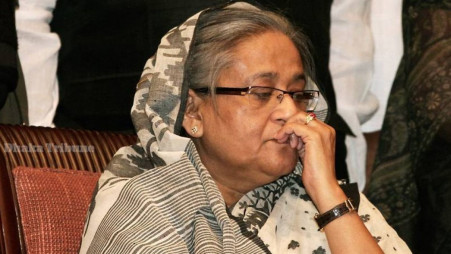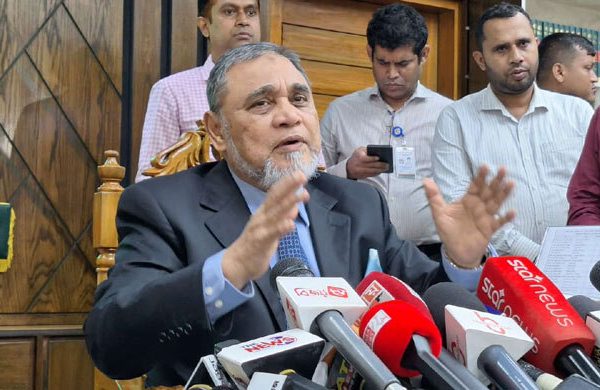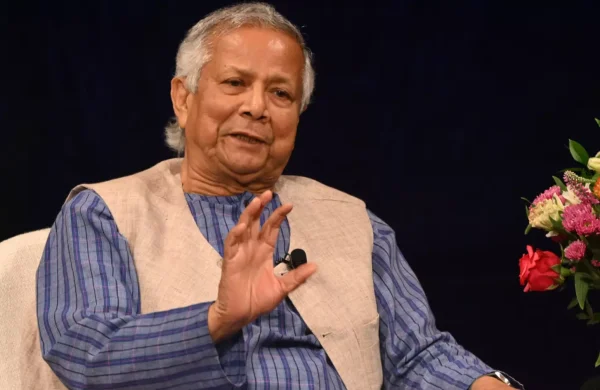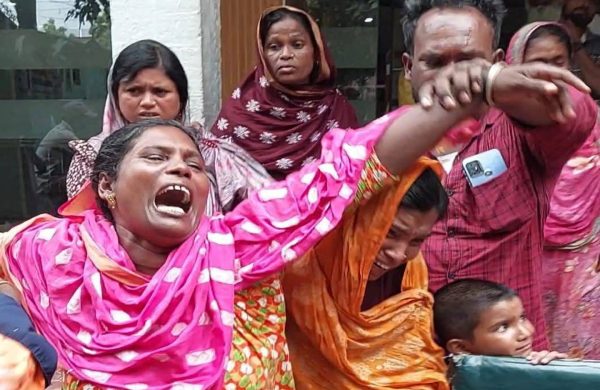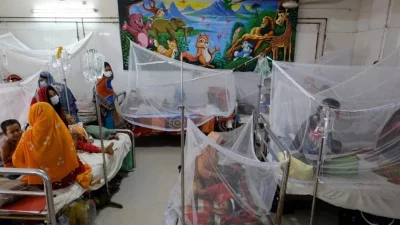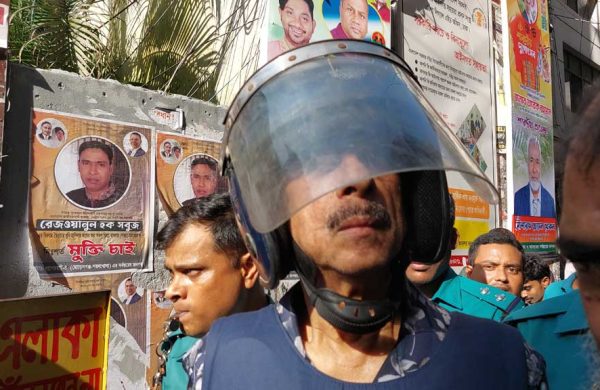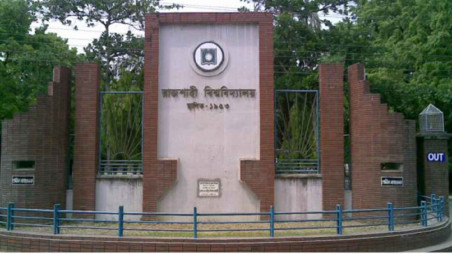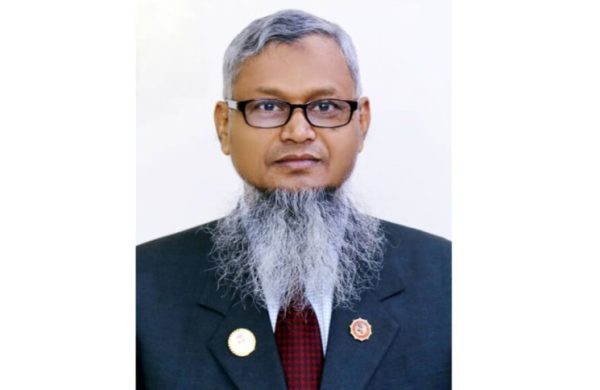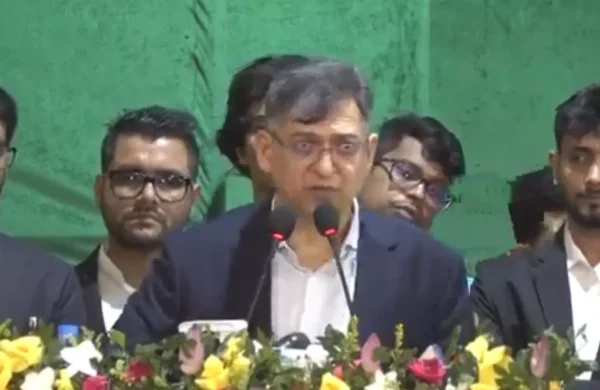Adviser Rizwana orders tougher action on polluters, slams faulty clearances
- Update Time : Saturday, September 20, 2025
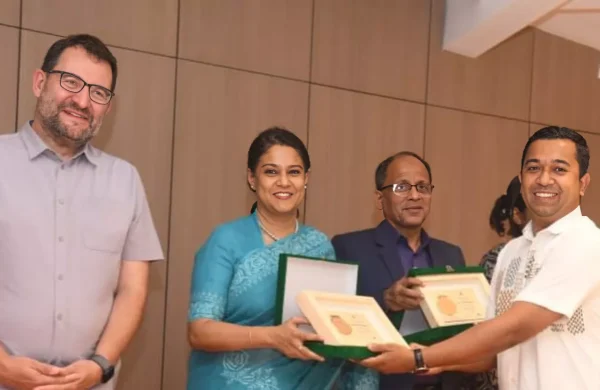
TDS Desk:
Environment Adviser Syeda Rizwana Hasan on Saturday ordered stronger enforcement, institutional capacity, transparency and accountability in environmental regulation, warning against ‘faulty clearances’ that jeopardise Bangladesh’s natural resources.
Speaking at a World Bank seminar titled ‘Strengthening Environmental Regulatory and Enforcement Capacity for a Sustainable Bangladesh’ in Sreepur, Gazipur, Rizwana pressed officials of the Department of Environment (DoE) to act ‘creatively and fearlessly’.
“Enforcement is not just about fines. It must include transparency, alternatives and community empowerment,” she said.
The adviser urged the DoE to prioritise pollution hotspots such as dyeing units, cement plants and brick kilns. “We must focus on the worst polluters with proper budgeting and planning. Publish the names of polluters online. With information accessible, citizens will support enforcement against political pressure,” she said.
Rizwana condemned the approval of site clearances in ecologically sensitive areas, citing the example of waste-dumping projects in flood flow zones.
“Such clearances are irresponsible and legally flawed. Even under political pressure, officials must send objection letters. If you cannot perform your duties, then be transferred — but do not compromise the environment,” she warned.
The adviser pressed for full transparency in the clearance process, calling on the DoE to publish Environmental Impact Assessment (EIA) reports for all red-category industries and include public objections in decision-making.
Warning against ‘rewarding polluters’, Rizwana highlighted a ceramic factory that had won a national award despite repeated fines and a lack of clearance. “Polluters must be exposed, not celebrated.”
The adviser proposed digitising complaint handling, creating a mobile app to track enforcement, and strengthening collaboration with local administrations to tackle forest encroachment and illegal industrial operations.
Among those addressed the event were Jean Pesme, Division Director for Bangladesh and Bhutan at the World Bank; Muhammad Munir Chowdhury, former Director General of the Anti-Corruption Commission and the National Museum of Science and Technology; Nafisa Arefin, Deputy Commissioner of Gazipur; AKM Rafiqul Islam, Project Director of the BEST project; and Bushra Nishat, Environment Specialist at World Bank Bangladesh.


